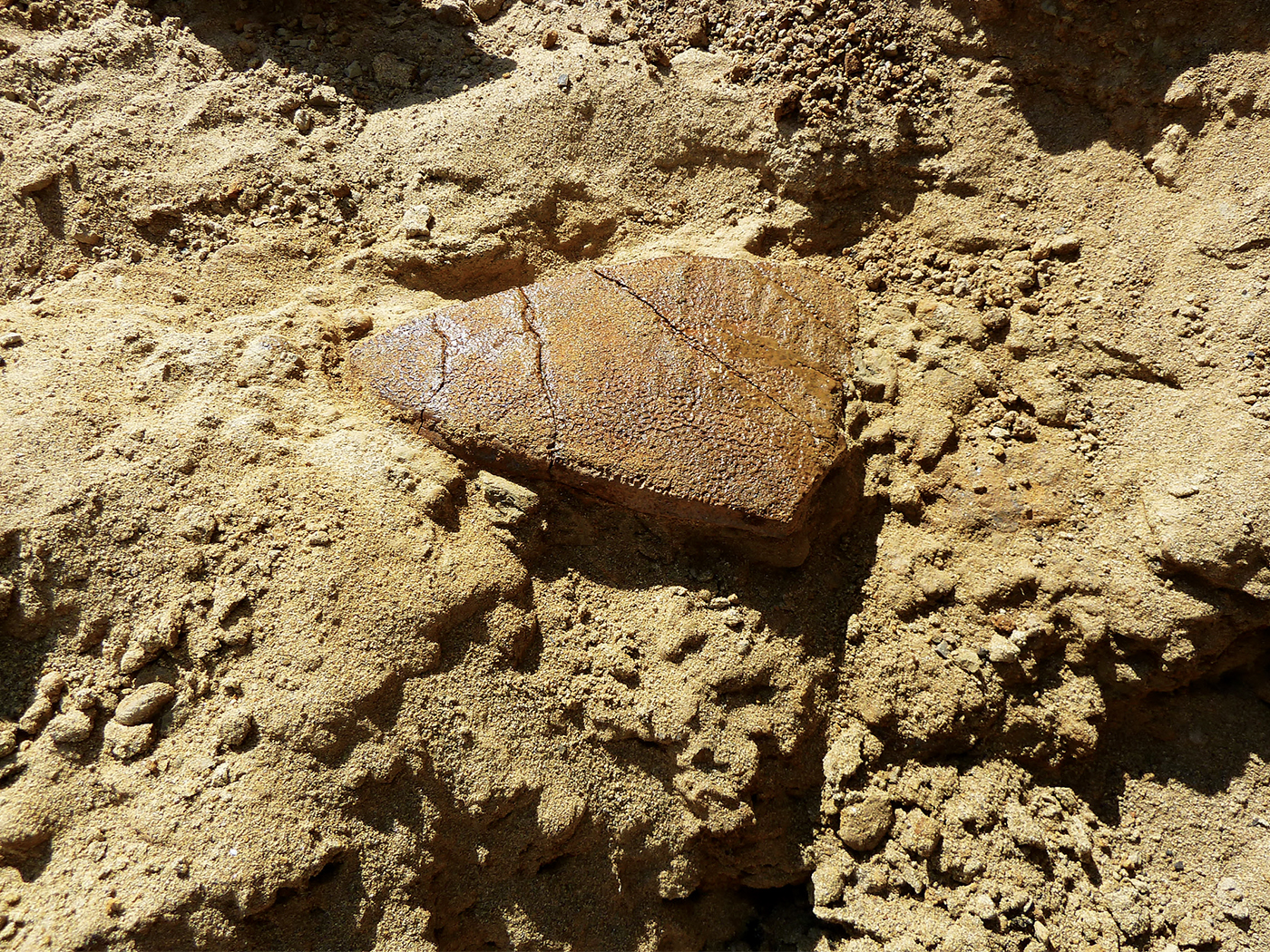Since God is our "Father," and we are His "servants," it is hardly a stretch to understand that our "stewardship" responsibilities are to be conducted with the same dedication exemplified by the young Jesus. The New Covenant era continues the tributary and offering practice begun long before Moses—still focused on the eternal values of the souls of men and the word of God. The temporal property and wealth (tithes and offerings) are "rendered" to God, who through His churches and agencies, produces eternal wealth by the work of the Holy Spirit.
Classic Biblical Examples of Stewardship
Exodus 35—the Tabernacle building project
They were recently freed slaves under many generations of poverty and want.
They had been enriched by their slave owners with gold and property.
They all gave willingly, freely, until there was more than enough.
I Chronicles 28 and 29—the Temple fundraising project under
King David
They gave vast amounts of wealth and building materials.
The leaders and rulers gave huge riches.
The rest gave as they were able.
They did not build—their children did—they gave to the vision.
Consider these questions.
How am I doing managing my "Father's business"?
How well have I related to God in terms of manager and owner?
Do I have possessions that I try to exclude from God's ownership?
Do I feel freedom in my role as God's steward?
Have I abused the financial freedom that God has given me?
Do I sense the urgency of "my Father's business" as young Jesus did?
How is my "eternal bank account" doing?
What is my "risk tolerance" for eternal investments?
Could I "retire" on what I have given to the Lord's work?









